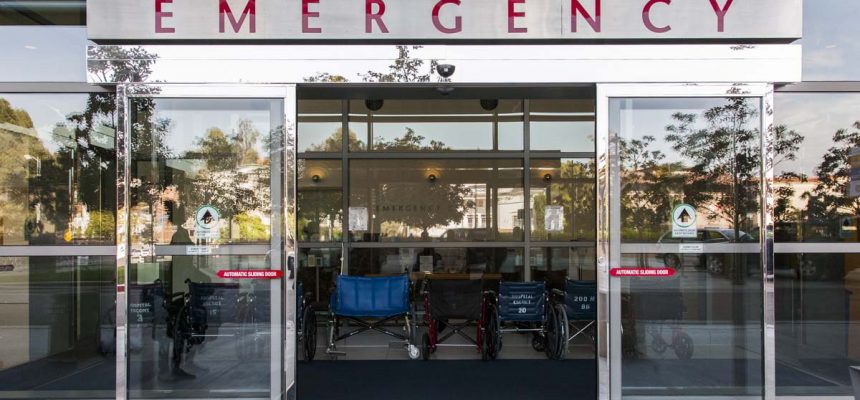Health sharing ministries offering cheap plans leave countless patients saddled with lofty medical care bills
By Consumers for Quality Care, on March 11, 2020

Complaints against health sharing ministries that offer cheap alternatives to traditional health insurance are piling up after many have been exposed for providing flimsy, insufficient coverage that saddled patients with massive medical bills.
According to a new report in the Connecticut Mirror, more than one million Americans have turned to health sharing ministries as an alternative for traditional insurance, especially given that medical care costs continue to rise.
The Mirror noted that health sharing ministries “offer cheaper rates because they are not classified as insurance and are not obligated to pay claims” and their members pay monthly premiums “with the expectation that the funds will be shared when medical expenses come up.”
But that is not always what happens, as was the case with Timothy Corridon, a 57-year-old Norwalk, Connecticut man on a health sharing ministry’s plan.
Corridon experienced a sudden onslaught of pain and discomfort from a Chiari malformation, a condition that left untreated can cause countless physical problems. After submitting the medical bills he accrued to his religious health sharing ministry, the group refused to pay the $280,000 Corridon owed.
Aliera Healthcare and the company it markets, Unity HealthShare, denied Corridon’s claims by saying he had a pre-existing condition. But Corridon had never even experienced any of the symptons before, the Mirror noted.
“I was shocked. I couldn’t believe it,” he said. “I had never entertained the possibility that the company would not cover the expenses of the operation.”
Cases like Corridon’s are not uncommon with religious health sharing ministries, which have thrived in recent years. CQC has previously reported on the dangers of sharing ministries.
“You can sell a plan cheaper if you don’t cover as much, period,” said Ted Doolittle, the state’s health care advocate, whose office has fielded some of the complaints. “That’s the rub in the entire health care marketplace right now. Premiums are too high. Well, if you cover a lot of stuff, premiums are going to be high.”
“It’s the cost. These things are cheaper, the same way a flimsy car is cheaper,” Doolittle said. “It’s not as good of a car, that’s why it’s cheaper.”



